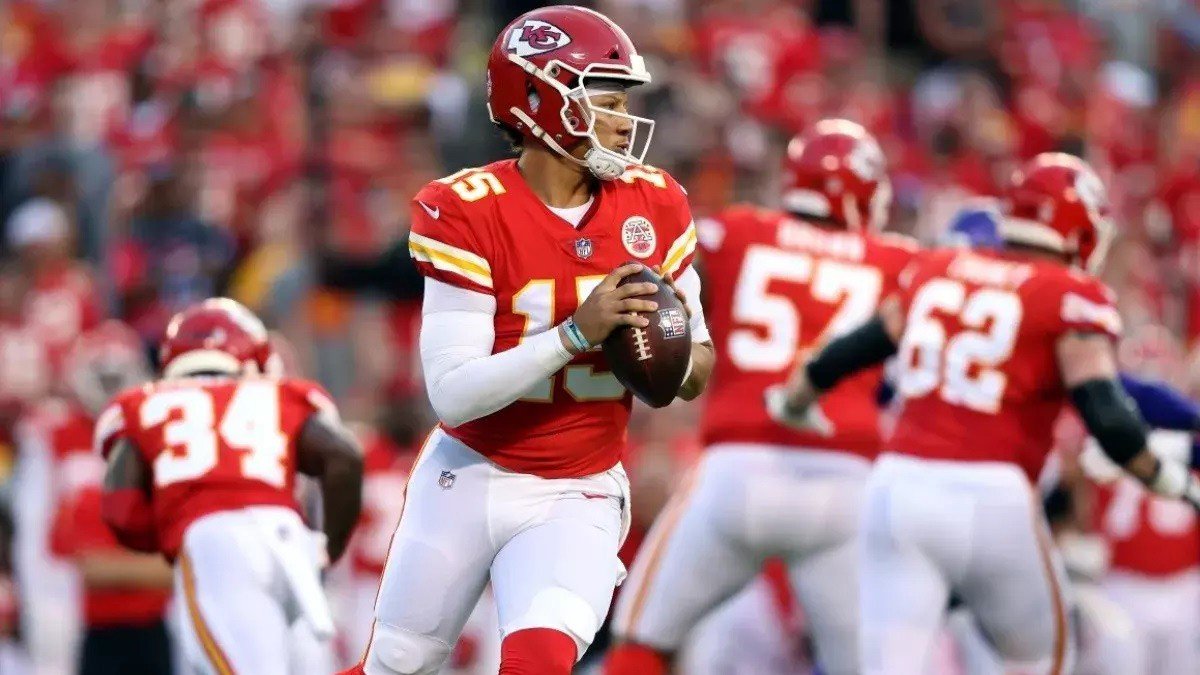Report finds 74% of US online gambling revenue comes from illegal operators

A new report commissioned by the Campaign for Fairer Gambling (CFG) and compiled by market intelligence firm Yield Sec found that unlicensed offshore gambling operators accounted for 74% of the United States’ $90.1 billion online gross gambling revenue (GGR) in 2024.
Legal platforms made up the remaining $23 billion, or 26%.
Despite a 26% year-over-year rise in legal GGR, illegal operators recorded a 64% increase. Yield Sec CEO Ismail Vali said that illegal platforms bypass regulatory and tax requirements, allowing them to offer more attractive bonuses and fewer restrictions.
The report documented 917 illegal platforms compared to 95 legal ones, with 668 affiliates supporting offshore operations—six times more than those promoting legal sites.
Visibility gap limits legal reach
In 2024, licensed platforms accounted for just 12% of audience exposure. Meanwhile, offshore operators leveraged major sports events and media channels for promotion.
Legal operators also face competition from sweepstakes casinos, which remain unregulated in some jurisdictions. Montana and Connecticut have issued bans, and New York has taken enforcement actions.
State trends vary widely
In Pennsylvania, New Jersey, and Michigan—where both sports betting and online casinos are legal—regulated platforms captured 57% to 58% of GGR. However, illegal operators held full or dominant market shares in states like California, Texas, and Ohio, where online gambling laws are limited or nonexistent. In Ohio, illegal GGR totaled $5.26 billion, or 85% of the market.
Ohio recorded the highest per capita GGR for online casinos at $316 and led in per capita illegal sports betting at $130. One year after legalizing sports betting, Ohioans lost 1.33% of average income per capita—more than double the national average.
According to the report, legal gambling increases total losses without displacing illegal activity. States with no legal online gambling reported GGR per capita at 0.31% of income. This rose to 0.77% in states with legal sports betting and 1.12% in states allowing both sports betting and online casinos—a 261% increase.
CFG founder Derek Webb said consumer losses grow with legalization, and enforcement against illegal gambling must be prioritized. Vali added that without enforcement, legal markets risk losing both users and tax revenue to unlicensed competitors.
















